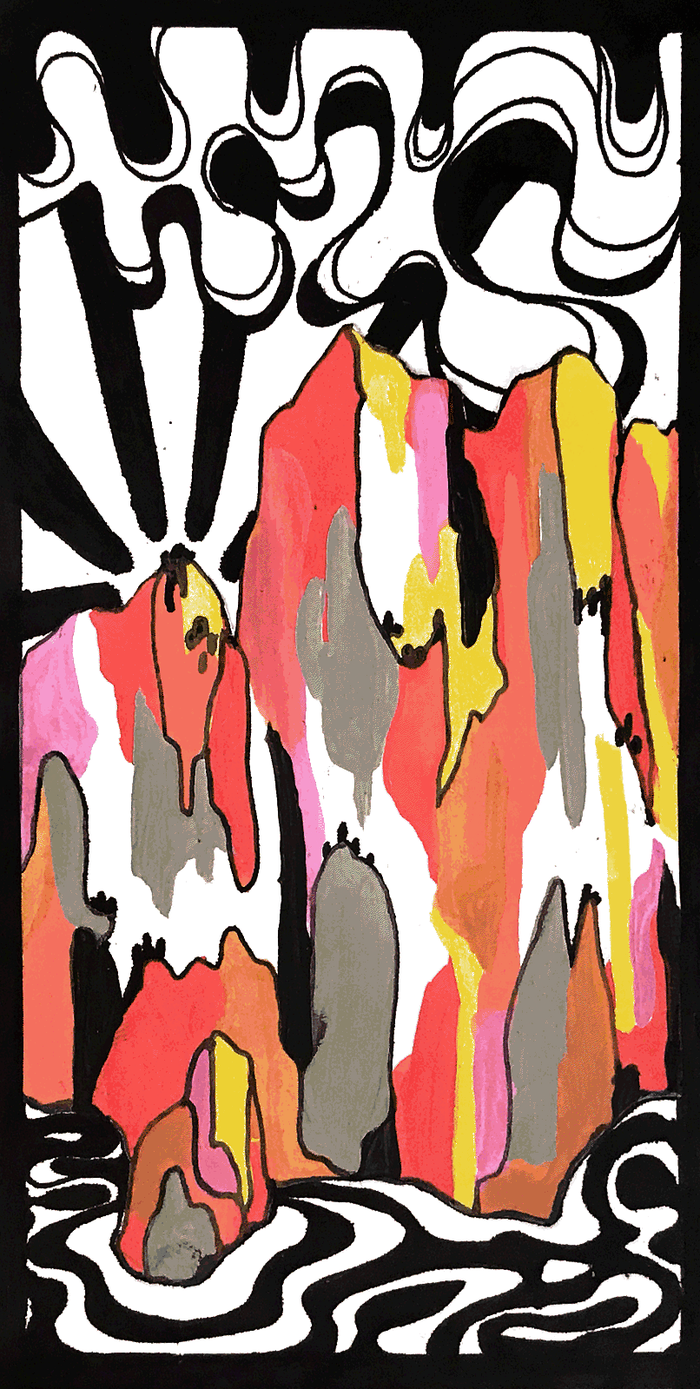The Cambridge Shakespeare Festival: a recap
Rosalind Moran reviews this year’s Cambridge Shakespeare Festival, reflecting on how the best performances embraced their outdoor setting

All the world’s a stage – but this is especially so for Cambridge in the summer. Running for eight weeks throughout July and August, the Cambridge Shakespeare Festival brings the annual opportunity to attend Shakespeare plays set in various college gardens. It also offers the singular delight of seeing the city play host to Festival actors, replete with ruffs, tights, doublets, and gowns. There is something special about seeing a Venetian nobleman jogging down Sidney Street with a croissant.
“Cambridge’s unique outdoor settings can enhance or detract from performances”
I attended each of the six plays performed this year. This meant six evenings sitting with friends in college gardens; six opportunities to be acquainted or reacquainted with Shakespeare’s plays, and in a way that didn’t wholly break the bank (concession tickets were £14). It also meant the chance to think about how Cambridge’s unique outdoor settings can enhance or detract from performances, as well as which plays worked best and why.

Staging Shakespeare plays in gardens has much to recommend it. With plays this year held in the gardens of Trinity College, King’s College, St John’s College, and Downing College, producers could use the topography, plants and shapes of each to create visually appealing sets. In King’s, for example, a wooden pergola covered in vines and flowers served as an interactive backdrop and stage entrance for The Merry Wives of Windsor and A Midsummer Night’s Dream, adding to the home-based scenes in the first and the fairy bower scenes in the second. There is creativity and opportunity to be found in such settings.
“Watching open-air plays can also be memorable and dynamic because of the variables involved in outdoor theatre.”
Watching open-air plays can also be memorable and dynamic because of the variables involved in outdoor theatre. Sitting under umbrellas and drinking mulled wine while an increasingly sodden Richard of York yelled about murder stimulated all five senses. Hearing boombox music from cars on Queen’s Road in the middle of a soliloquy proved equally part of the experience. As with theatre more broadly, one never knows how the outdoor show will go.
So how did the plays compare? Here is a ranking for those curious, from least favourite to golden child.
6. Macbeth
The play’s fame set expectations high; however, I did not warm to the performance. The witches seemed overdone and the staging of this moody Scottish play in such a sunny, social garden created a feeling of dissonance – at least in this viewer.
5. The Comedy of Errors
Is this play incredibly silly? Yes. But it is fun to watch, and the actors looked like they were enjoying themselves. The Downing garden location was not particularly scenic, but the use of props was comic and clever, and the play was accessible and entertaining.
4. Romeo and Juliet

A polished production of a timeless classic. The young actors were especially compelling and the two leads brought humour as well as pathos to their roles. Bonus points for high-quality stage combat, ethereal lighting in the tomb scene, and a show-stealing Mercutio.
3. The Merry Wives of Windsor
This play edges out Romeo and Juliet for third place owing to the challenge of bringing a B-list play to the stage. The actors and producers must be commended for rendering a less well-known Shakespeare play so entertaining and comprehensible. This play was funny and well-performed, being universally well-cast and offering much delight through the humorous comeuppances inflicted on its womanising lead, the irrepressible and eternal Falstaff. This Antipodean also approved of the surprise Australian accent that formed part of a cunning disguise (onya!).
2. Richard III
I was struck by how well this piece worked in a small space and with the actors playing to a single-row audience. The performance stood out not only for its high-quality source material, but also for the way the actors – particularly the lead – engaged with the audience, speaking to us as if to co-conspirators. An excellent interpretation of a deliciously wicked play.
1. A Midsummer Night’s Dream
What visions have I seen! With superb acting, inspired use of visual effects and singing, and a brilliant multi-layered story at its core, the Festival’s interpretation of A Midsummer Night’s Dream was nothing short of magical. Of particular note were the actors playing Lysander, Helena, Puck, Bottom, and Titania, who all demonstrated outstanding comic timing. The play’s enchanted forest setting was brought vividly to life in the King’s gardens. What’s more, for all that Dream is a classic with which many are familiar, seeing it staged allowed for new appreciation of the play’s iconic lines and ITV-worthy love triangles. The course of true love may not run smooth, but its staging was a triumph.
 Comment / Cambridge students are too opinionated 21 April 2025
Comment / Cambridge students are too opinionated 21 April 2025 Interviews / Meet the Chaplain who’s working to make Cambridge a university of sanctuary for refugees20 April 2025
Interviews / Meet the Chaplain who’s working to make Cambridge a university of sanctuary for refugees20 April 2025 News / News in brief: campaigning and drinking20 April 2025
News / News in brief: campaigning and drinking20 April 2025 Comment / Cambridge’s tourism risks commodifying students18 April 2025
Comment / Cambridge’s tourism risks commodifying students18 April 2025 Comment / Cambridge’s gossip culture is a double-edged sword7 April 2025
Comment / Cambridge’s gossip culture is a double-edged sword7 April 2025






